Allergies, explained
Why do we even have allergies? Read on.
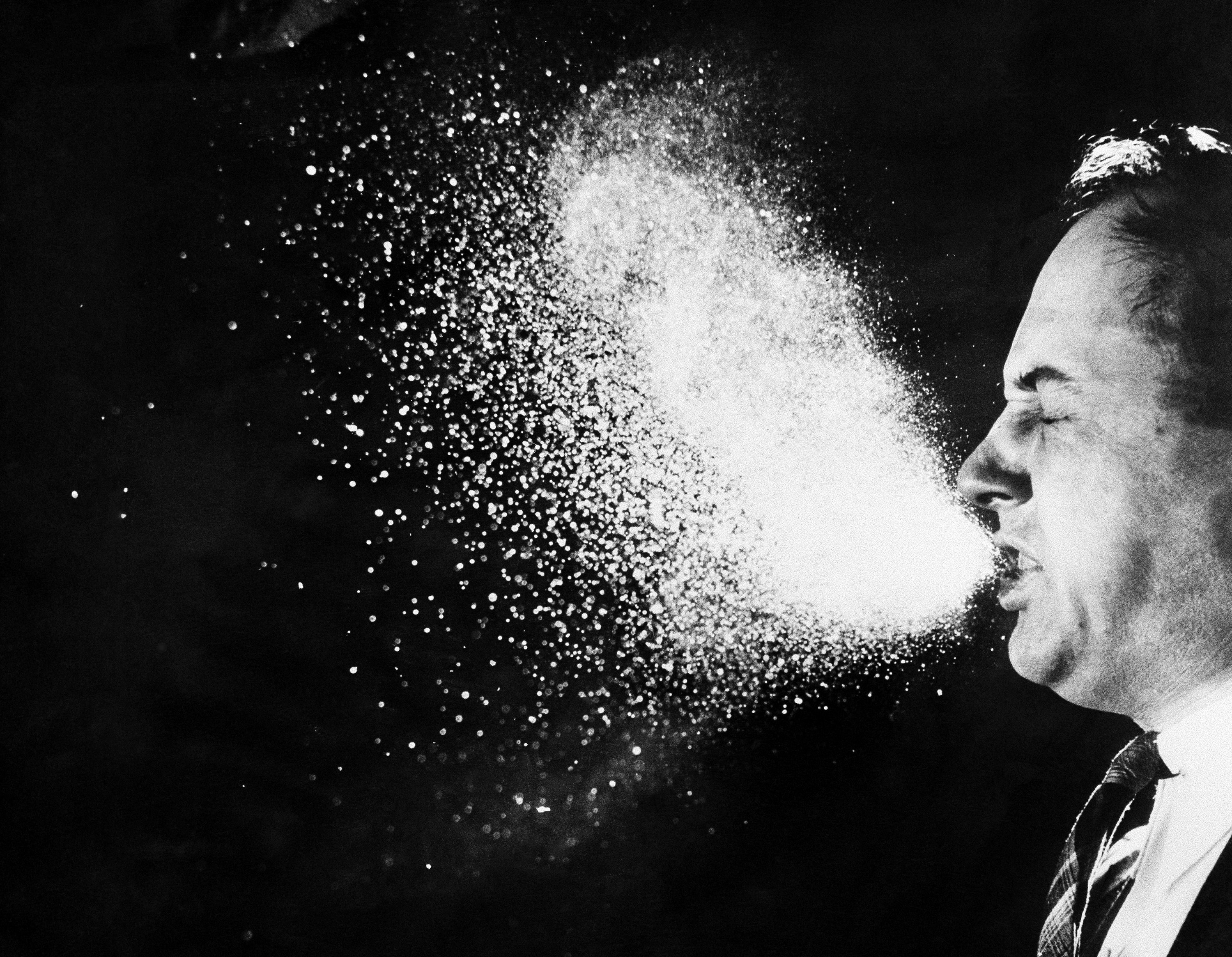
A free daily email with the biggest news stories of the day – and the best features from TheWeek.com
You are now subscribed
Your newsletter sign-up was successful
Allergies suck.
Indeed, for far too many people, seasonal allergies manage to ruin the long-awaited spring and summer seasons. We can't picnic in the park or go for a lovely stroll through a meadow — at least not without begging, "Pass the eye drops and the tissues, please!"
Why must it be like this? Surely humans didn't evolve over millions of years so that stepping outside to enjoy the fresh air, smell the flowers, and lay in the grass would carry a punishment, right?
The Week
Escape your echo chamber. Get the facts behind the news, plus analysis from multiple perspectives.

Sign up for The Week's Free Newsletters
From our morning news briefing to a weekly Good News Newsletter, get the best of The Week delivered directly to your inbox.
From our morning news briefing to a weekly Good News Newsletter, get the best of The Week delivered directly to your inbox.
Here's everything you need to know:
Why do we have allergies?
Allergies are the result of your immune system making a mistake. While the immune system is essential for identifying and attacking invaders, in the case of allergies, the immune system gets mixed up and mistakes a harmless protein — like those found in pollen and mold — for an invader. When the immune system is exposed to that particular substance, known as an allergen, it produces immunoglobulin E (IgE) antibodies, which circulates through the blood. Those antibodies signal plasma cells to release chemicals into the bloodstream, including histamine, to attack the "invader." Histamine, a part of the local immune system's response that causes inflammation, is responsible for many of your worst allergy symptoms — like congestion and sneezing.
As for why our immune systems make these mistakes in the first place, well, scientists are still trying to figure that out.
A free daily email with the biggest news stories of the day – and the best features from TheWeek.com
Check out this helpful video for more on the mechanics of allergies:
How can you tell if you have allergies?
Typical symptoms of respiratory allergies, or hay fever, are nasal congestion, watering eyes, coughing, sneezing, and itching in your eyes, nose, throat, or the roof of your mouth. A big tip-off that it might be allergies and not a cold is if the symptoms consistently appear in the spring or fall and if the symptoms are exacerbated when you're in environments that are likely to contain allergens, such as a fresh-cut lawn or a park filled with trees.
How many people suffer from allergies?
A ton. An estimated 50 million in the U.S. suffer from hay fever. An estimated one-fifth of the Western hemisphere's population is affected. Misery loves company, right?
Can you develop allergies later in life?
You sure can. Allergies are most common in children, but they can develop at any age. New or recurring allergies can be sparked by hormones, stress, smoke, perfume, or other environmental irritants. Scientists still haven't been able to pinpoint why exactly — and when — people typically get allergies, though they know it's at least partly caused by a combination of genetics and environmental factors.
In better news, while it's possible to suddenly get allergies, it's also possible for allergies to go away. Some people's allergies become less severe as they age, or even disappear.
What are the most common allergies?
First off, remember, it's not actually pollen you're allergic to, it's one or more of the proteins in pollen. Similarly, people who are allergic to cats are actually allergic to the protein that is secreted in a cat's saliva when it licks its fur, or a particular protein in the cat's dander. While pollen — specifically the pollens of ragweed, grasses, and other plants — are big culprits for allergy-inducing proteins, other common sources are molds, dustmites, and animal dander. Some people are even allergic to cockroaches, because their saliva, feces, and shedding body parts act as similar allergens to dustmites.
What other stuff are people allergic to?
Leather, water, semen, cold temperatures, exercise, being touched, pregnancy — the list goes on and on.
Can you get tested for allergies?
You sure can. The most common allergy test involves putting a tiny amount of an allergen on the skin, then pricking or scratching the outermost layer. If the skin wells up and becomes red, you're probably allergic to that particular allergen. There are also blood tests to nail down allergies.
Is there a cure for allergies?
Unfortunately, no. Symptoms can be treated though, and allergens can be avoided. Nasal sprays and medications such as antihistamines, decongestants, and corticosteroid (household name: steroids) are common treatments, and can be effective in alleviating a runny or itchy nose, congestion, sneezing, and inflammation.
For those with more severe allergies, there's always allergy shots, in which small amounts of an allergen are injected so that your body can gradually develop non-allergen antibodies and the immune system can slowly change its reaction to that particular allergen. Allergy shots generally work best for allergens like bee stings, pollen, dust mites, mold, and pet dander — there isn't evidence that they work for food or drug-related allergies. Though shots can be effective, they also involve frequent, regular visits to the doctor, and the most noticeable improvement often doesn't happen until the second year of treatment.
You can also help avoid allergens by cleaning frequently, keeping your windows closed during peak allergy seasons, which is usually spring and late summer to early fall, as well as changing your clothing after being outdoors.
-
 The Olympic timekeepers keeping the Games on track
The Olympic timekeepers keeping the Games on trackUnder the Radar Swiss watchmaking giant Omega has been at the finish line of every Olympic Games for nearly 100 years
-
 Will increasing tensions with Iran boil over into war?
Will increasing tensions with Iran boil over into war?Today’s Big Question President Donald Trump has recently been threatening the country
-
 Corruption: The spy sheikh and the president
Corruption: The spy sheikh and the presidentFeature Trump is at the center of another scandal
-
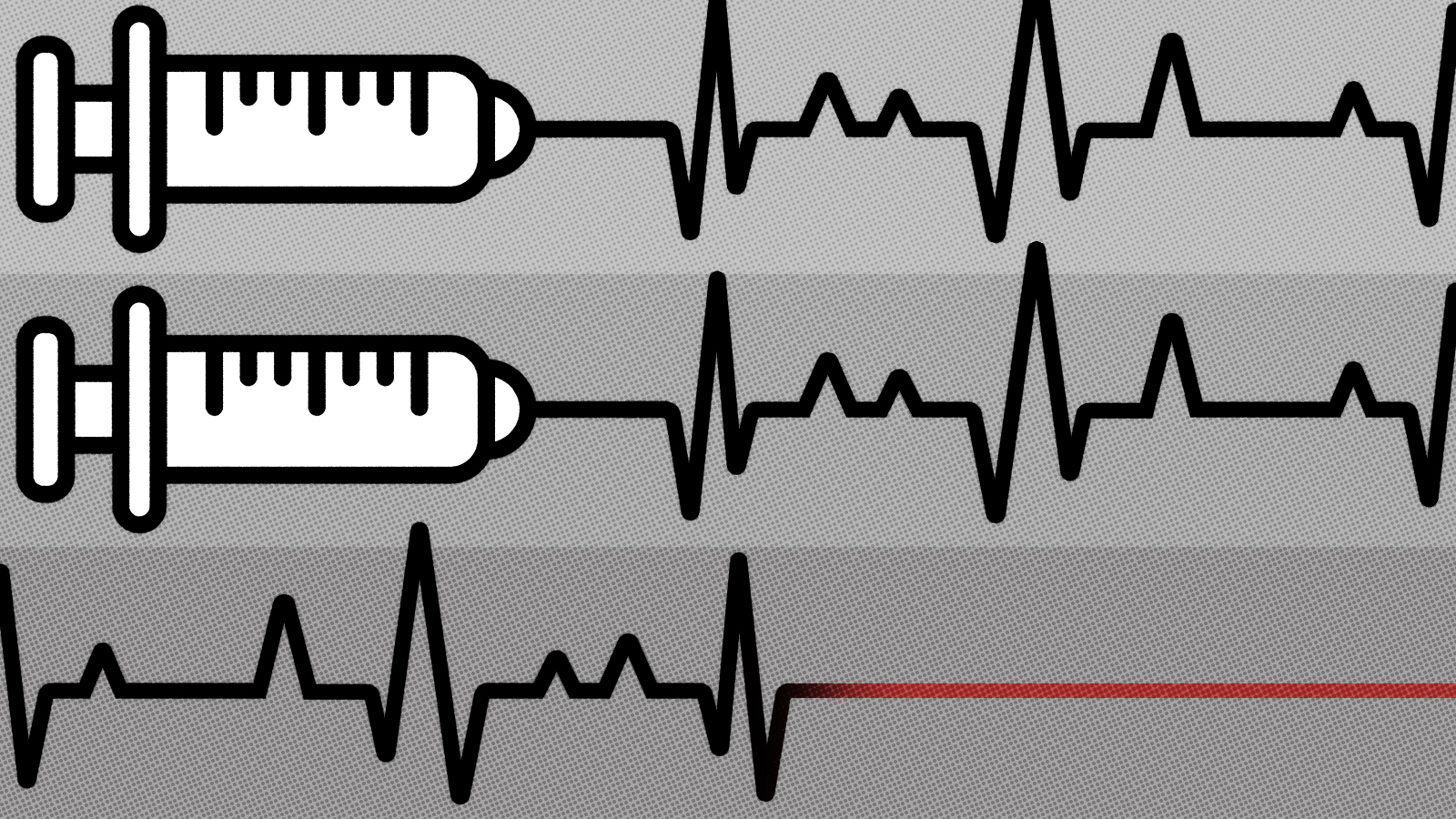 Do unvaccinated COVID patients deserve scarce care? A doctor weighs in.
Do unvaccinated COVID patients deserve scarce care? A doctor weighs in.The Explainer Justice, judgment, and the last ICU bed
-
 How to vaccinate the anti-vaxxers
How to vaccinate the anti-vaxxersThe Explainer Instead of blaming people for not doing the right thing, let's focus on eliminating the obstacles to vaccination that still remain
-
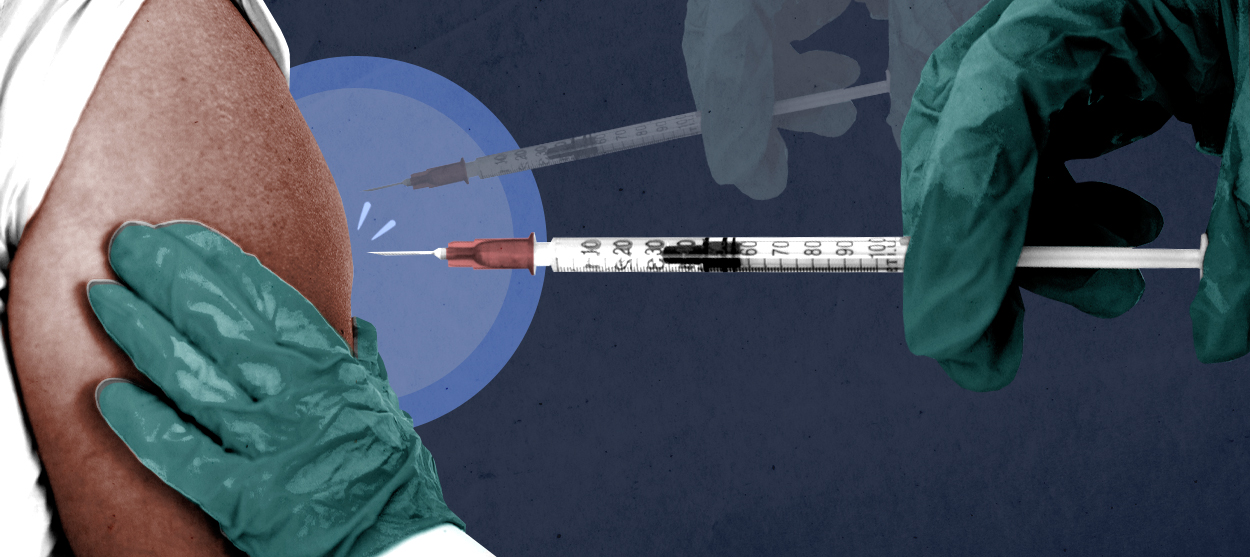 The U.S. could double its COVID-19 vaccine availability overnight. What's the holdup?
The U.S. could double its COVID-19 vaccine availability overnight. What's the holdup?The Explainer How the FDA could approve a more efficient vaccine rollout
-
 The October Surprise nobody wanted
The October Surprise nobody wantedThe Explainer Trump has COVID-19. Really, 2020?
-
 Life is worth living
Life is worth livingThe Explainer What's driving America's rising suicide rate?
-
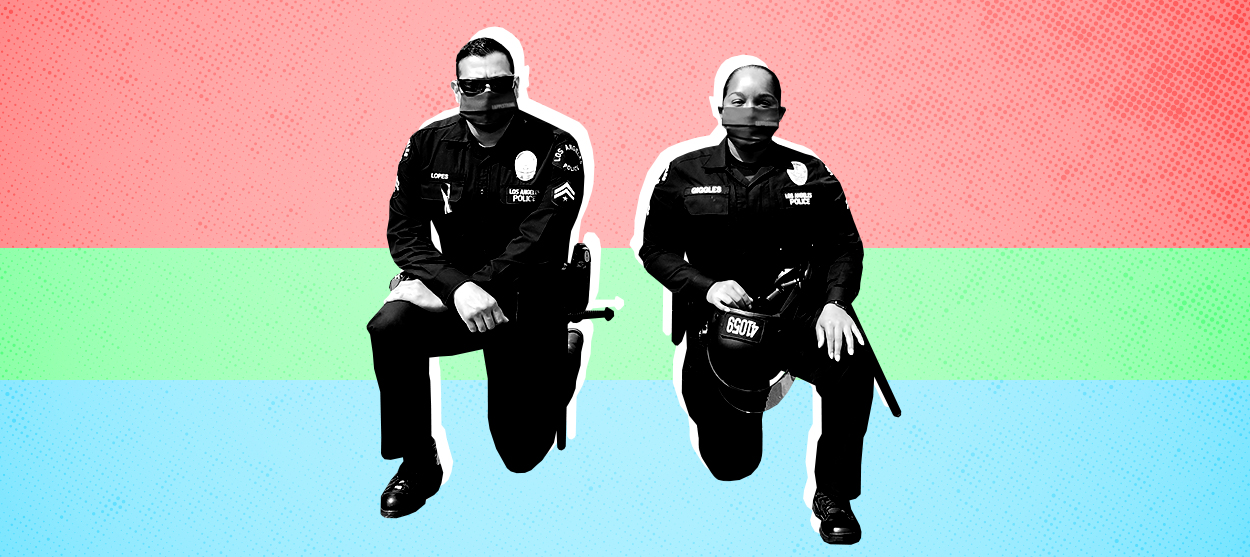 Social workers are masters at de-escalation. Here's what the police can learn from them.
Social workers are masters at de-escalation. Here's what the police can learn from them.The Explainer Knowing how to peacefully resolve conflict, rather than exacerbate it, can save lives
-
 Settling in for the long pandemic
Settling in for the long pandemicThe Explainer Life won't be back to "normal" anytime soon
-
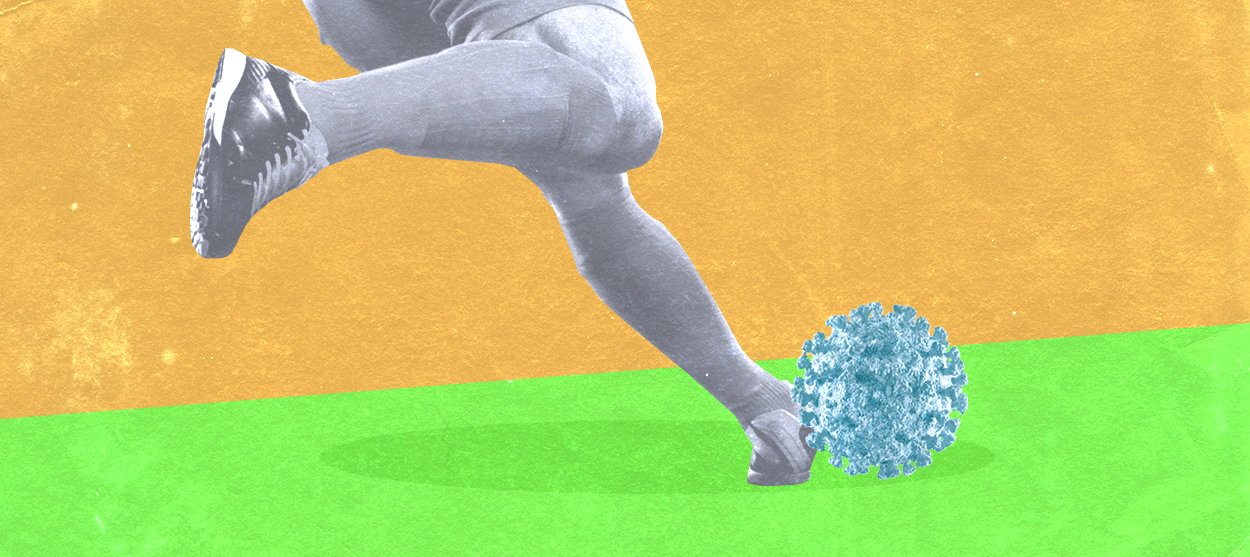 Sports reveal how much America is trailing the rest of the world
Sports reveal how much America is trailing the rest of the worldThe Explainer MLS and other American leagues are stumbling through their pandemic restart plans